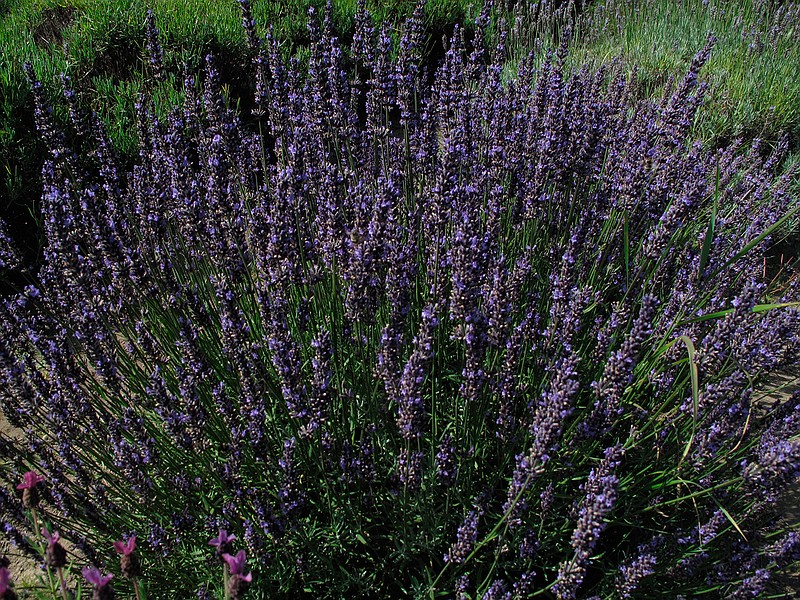Lavender is a species with a Mediterranean ancestry, but it has been hybridized to such an extent than it can survive Toronto winters. This perennial evergreen shrub is a prized ornamental but its utility is endless.
The fragrant herb can be grown from seeds or transplanted cuttings, and is easy to manage once you meet its basic needs, said Susan Harrington, who operates an online course in growing and marketing lavender from her Labyrinth Hill Lavender property in Hansville, Washington.
"Six or eight hours of full sun, preferably afternoon sun," Harrington said. "Give it excellent drainage or it will root rot. It prefers the alkaline soils (6.5 to 7) of its Mediterranean origins."
The biggest concern is freezing winds, she said: "Lavender needs wintertime protection."
Commercial growers often describe lavender as the Swiss army knife of fragrant herbs, she said. It can be used in the kitchen and medicine cabinet as well as in garden areas or in pots placed where its delicate scent can be appreciated.
Its health benefits range from aromatherapy to sanitizing cuts. Lavender's fragrance lends itself to soaps, sachets and a variety of body-care products. Cooking options include brightening up cocktails and enlivening the taste of grilled meats, omelets, salads and desserts.
"Most people equate lavender with fresh aromatic bundles, as well as dried for floral arrangements," Harrington said. "The longer the plant is allowed to bloom, the more intense the lavender essential oil."
Lavender also is a pollinator-friendly plant, favored by a variety of bees and butterflies.
In hot, humid climates, lavender will do well in containers. Choose compact varieties to fit in pots or small gardens. They don't require much if any fertilizer.
Some gardeners plant lavender around their roses to deter deer, which don't like its scent, Salman said. The same goes for rodents and bothersome insects, Harrington said.
"Oftentimes, people put dried lavender in packets and in places where it seems to discourage fleas and moths," she said. "I know of antique car owners who store the lavender bags in their vehicles in winter so mice won't get into the heating ducts."

